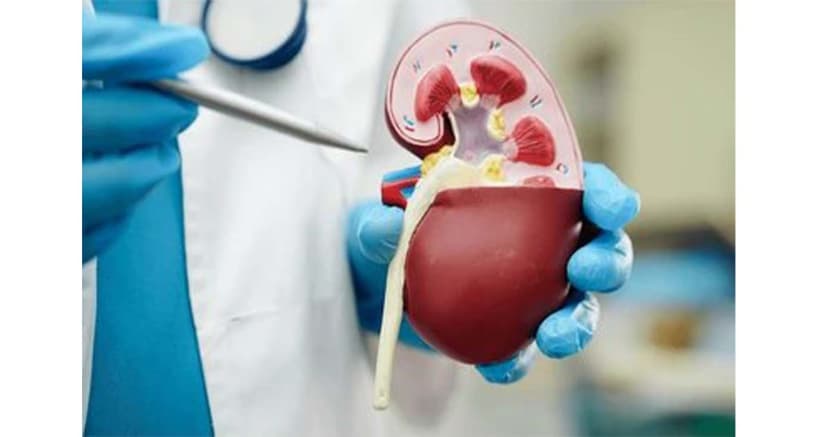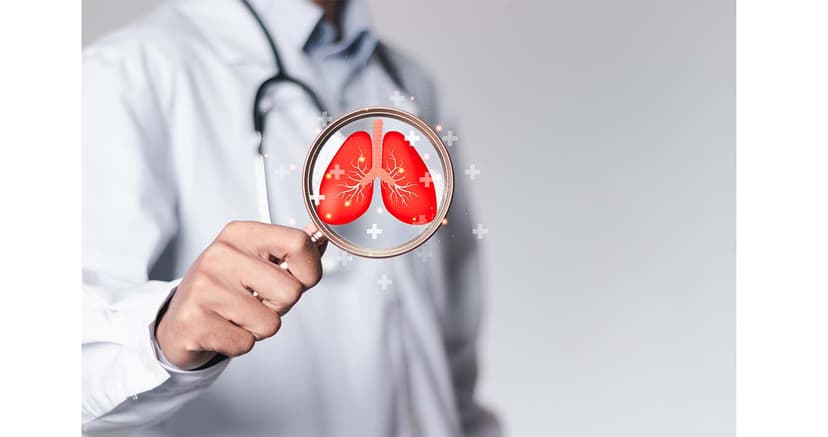What are the Types of Stress: Tips to Relieve Stress
By:

Apex Hospitals
01-11-2023 5 Min Read

Stress is a natural response to specific demands and circumstances, but prolonged stress can impact an individual's health and well-being. Strategies for effectively managing stress encompass engaging in physical activity, establishing priorities, seeking counselling, and more.
These demands can arise from various sources, including work, relationships, financial pressures, and other life situations. Essentially, anything that presents an actual or perceived challenge or threat to a person's well-being can induce stress.
Stress can serve as a motivator and, in some cases, is crucial for survival. The body's fight-or-flight mechanism guides individuals on how to react to potential dangers. However, when the body becomes overly responsive or when numerous stressors co-occur, it can compromise a person's mental and physical health, turning detrimental.
What is stress?
Stress is the body's innate defence mechanism against potential threats and danger. It prompts the body to release hormones that prepare its systems to either confront or flee from dangerous situations, commonly known as the "fight-or-flight" response.
When humans encounter a challenge or threat, they experience a partial physical reaction. The body mobilizes its resources to enable individuals to face the challenge head-on or seek safety expeditiously.
This mobilization involves the increased production of chemicals such as cortisol, epinephrine, and norepinephrine, leading to the following physical responses:
- Elevated blood pressure
- Enhanced muscle readiness
- Perspiration
- Heightened alertness
These responses collectively enhance a person's capacity to address potentially hazardous or demanding situations. Norepinephrine and epinephrine also contribute to an accelerated heart rate.
External factors that trigger this response are known as stressors. These stressors can include loud noises, confrontational encounters, fast-moving vehicles, suspenseful film moments, or even the nervousness associated with a first date. Typically, feelings of stress intensify as the number of stressors increases.
Types of stress
The types of stress are as follows:
1. Acute Stress
Everyone experiences acute stress at some point. It is the body's immediate response to a new and challenging situation, such as the tension you might feel when narrowly avoiding a car accident.
Additionally, acute stress can stem from activities you enjoy. It manifests as a somewhat frightening yet thrilling feeling, like the rush on a roller coaster or skiing down a steep mountain slope.
Typically, these instances of acute stress are not harmful and may even have potential benefits. They offer your body and brain opportunities to respond optimistically to future stressors.
Once the immediate danger subsides, your body systems should return to normal.
However, severe acute stress presents a different scenario. When confronted with life-threatening situations, this type of stress, such as experiencing a traumatic event, can lead to conditions like post-traumatic stress disorder (PTSD) or other mental health issues.
2. Episodic acute stress
Episodic acute stress refers to the occurrence of frequent episodes of acute stress.
This may occur when individuals frequently experience anxiety and worry about anticipated events. A sense of life being in constant upheaval, with one crisis following another, may characterize this condition.
Certain professions, such as law enforcement or firefighting, can expose individuals to frequent high-stress situations.
Similar to severe acute stress, episodic acute stress has the potential to impact both physical health and mental well-being.
3. Chronic Stress
Chronic stress occurs when elevated stress levels persist over an extended period. Prolonged exposure to this type of stress can adversely affect your health, potentially contributing to:
- Anxiety
- Cardiovascular disease
- Depression
- High blood pressure
- Weakened immune system
Additionally, chronic stress may result in recurring physical symptoms, including headaches, upset stomach, and sleep difficulties. Gaining awareness of various stress types and learning to recognize their signs can be beneficial for managing overall well-being.
Coping with stress
While stress is unavoidable, it is indeed manageable. By understanding the toll it takes on your well-being and employing strategies to combat stress, you can take control of your health and mitigate its impact on your life.
Recognizing the signs of burnout is crucial. Elevated stress levels increase the risk of burnout, manifesting as exhaustion and apathy towards your job. When symptoms of emotional exhaustion surface, it's a clear indicator that you need to address and manage your stress effectively.
Incorporating regular exercise into your routine is a powerful tool. Physical activity significantly influences both your brain and body. Whether you choose Tai Chi or jogging, exercise is a stress-reducing activity and positively impacts symptoms associated with mental health issues.
Self-care is paramount in stress management. Establishing routine self-care activities in your daily life is essential. Learn to nurture your mind, body, and spirit to equip yourself for a fulfilling and balanced life.
Embracing mindfulness as a way of life is transformative. It extends beyond a mere 10-minute practice daily, becoming an integral part of your daily routine. Integrating mindfulness into your life enhances your awareness and consciousness throughout your entire life journey. Consult with a team of experts at the best hospital to get tips for stress relief.
"Ready to take control of your well-being and manage stress effectively? Schedule a consultation with our expert team at Apex Hospitals. We're here to support your journey to a healthier, stress-free life. Your path to wellness starts here. Book your appointment."
Related Articles
Connect With Us
Health In A Snap, Just One App.
KNOW MORE
























































































































































